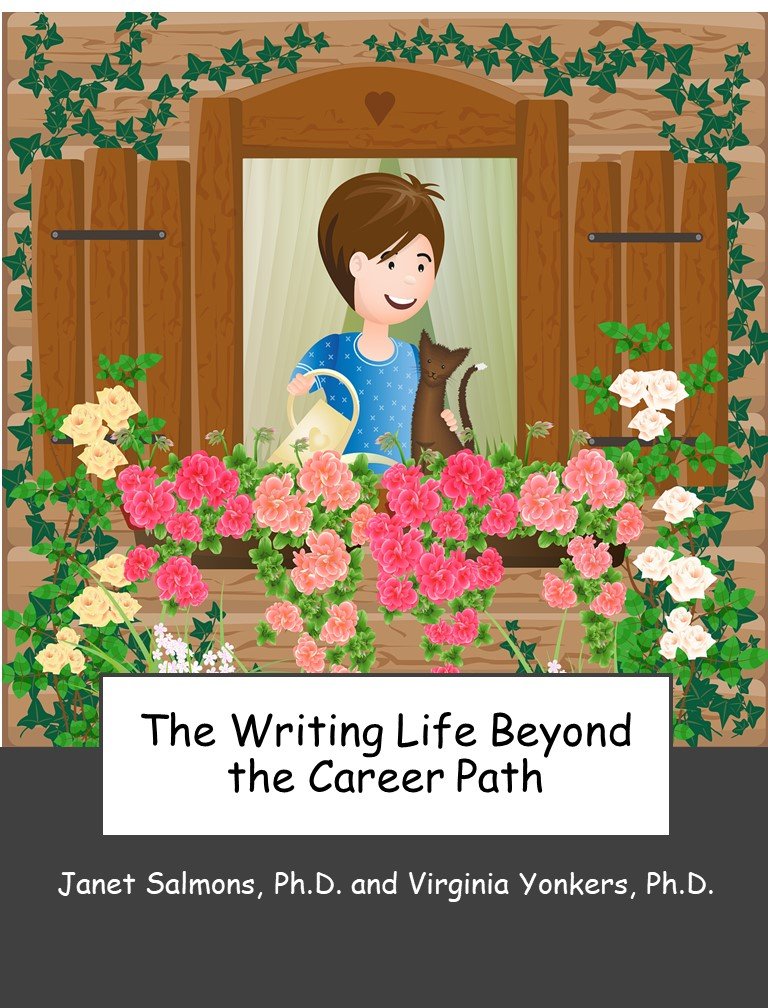Quiet the Noise: What to Do When You’re Writing Defensively (Part 2)
By Michelle Boyd
Dr. Boyd was a panelist for the webinar, How Academic Writing Coaches Get Unstuck. In this post she responds to questions posed by attendees: “How do you get unstuck in writing when someone's negative, hypercritical, or just mean feedback has gotten you stuck?” and “How do you balance or sustain your writing with all the imposter syndrome thoughts coming at you?”
She is the author of the new book Becoming the Writer You Already Are. Use the code MSPACEQ422 for a 20% discount on SAGE research methods books, valid until December 31, 2022. Learn more about Michelle on her website, InkWell Academic Writing Retreats.
The biggest problem with Defensive Writing isn’t that it disrupts our productivity. The real problem is that Defensive Writing shifts the three most important relationships we have as writers.
The first relationship is to other scholars thinking about the same or related topics. These scholars are no longer teachers and colleagues, people whose thinking paves the way for the development of my own ideas. Instead they become my opponents. Competitors who’ve already beaten me, because they’ve already said everything I’m thinking.
And you, sweet reader. You’re no longer someone I want to have a conversation with. You’re not someone whose writing suffering I see and I no longer have something important to say to you about the gorgeous place that writing could occupy in your life. Instead, I’m cowering before your judgment. I’m simply not up to snuff. We’re adversaries now, and the most important thing becomes proving to you that I’m:
Smart,
Scholarly, and
Right.
In that order.
The way I prove those things is that I don’t Write-to-Think. I Write-to-Cite. I refer to every single, solitary source that has ever been written on the topic. I include offshoot topics as well. That way, nobody can touch me. Nobody can say I don’t deserve my PhD.
Nobody can read my writing either, but at that point, who cares?
The worst impact Defensive Writing can have is to shift a writer’s sense of and relationship to herself. When I am writing defensively, I’m no longer interested in clarifying or understanding my ideas. Instead, I am engaged in a conversation about whether or not I’m cut out for this work. And when I lose myself in that conversation? At that point, I am not myself, but my own enemy.
Because Defensive Writing is so sneaky, one of the most powerful things we can do to address it is to name it. Especially if your defensiveness shows up, like mine does, as a physical sensation, or a wordless compulsion toward work, it’s no mean feat to recognize what’s happening while you’re writing. Naming Defensive Writing brings it out into the open. And bringing something out into the open can loosen its grip, and keep it from driving your behavior without you realizing it.
To do this, ask yourself if you have a version of “if she can actually do it.” In other words, ask yourself if you have a thought, person, condition, activity—anything that, when things are getting tough, tends to pop into your head and make you doubt whether you’re capable of completing whatever writing you’re engaged in. The way Defensive Writing shows up varies from person to person: It might be a set of questions you pepper yourself with. It might be objections you throw up in your own face while working out ideas. It might be a vision of someone you tend to compare yourself to.
Naming Defensive Writing might seem like a weak strategy for managing such a powerful derailer. But naming it often allows us to see how ridiculous it is—not our fears, but the actions we’re taking in response to those fears. Janine, an pre-tenure scholar who recently attended the Composed retreat told me that for her, Defensive Writing showed up as the first line of a manuscript she was working on: “This article contains a comprehensive review of...” This is how she often started articles, she told me, because it wasn’t enough just to know the literature, write on the topic, and add something new to the conversation. Without realizing it, she often organized her writing to ensure all her bases were covered, not to actually clarify her original idea. Once Janine was able to recognize this, it quickly became apparent what was essential, what could be cut, and most importantly—that she could actually manage the work.
If like me, you hear voices in your head while you’re writing, listen to them—then decide what to do. You needn’t believe them. But neither should you ignore them. Turn a light on them, so you can see what you’re really up against. Writing sometimes feels like a battle, that much is true. The trick is to make sure we’re clear on what the battle’s really about.



























Michelle Boyd answers a question about taking small steps to make progress on a large writing project.